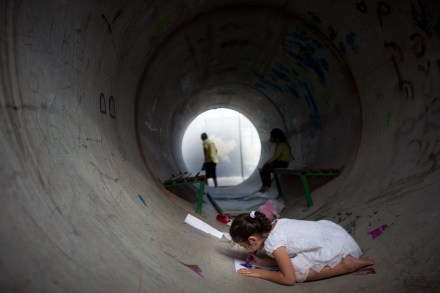Keeping the faith
In 1929 the founder of Italian Futurism, Filippo Tommaso Marinetti, reported from Milan that, after a wartime setback, the movement was ‘in full working order’ under the leadership of ‘the very young and very ingenious Bruno Munari’. Bruno Munari (1907–1998) was 22 at the time. He had arrived in Milan two years earlier as a refugee from his family hotel business in the Veneto and embraced with enthusiasm Giacomo Balla’s suggestion in The Futurist Universe that ‘useful and pleasing’ consumer products in shop windows were ‘a much more rewarding sight than the grimy little pictures nailed on the walls of the passéist painter’s studio’. Although he was only active in



















